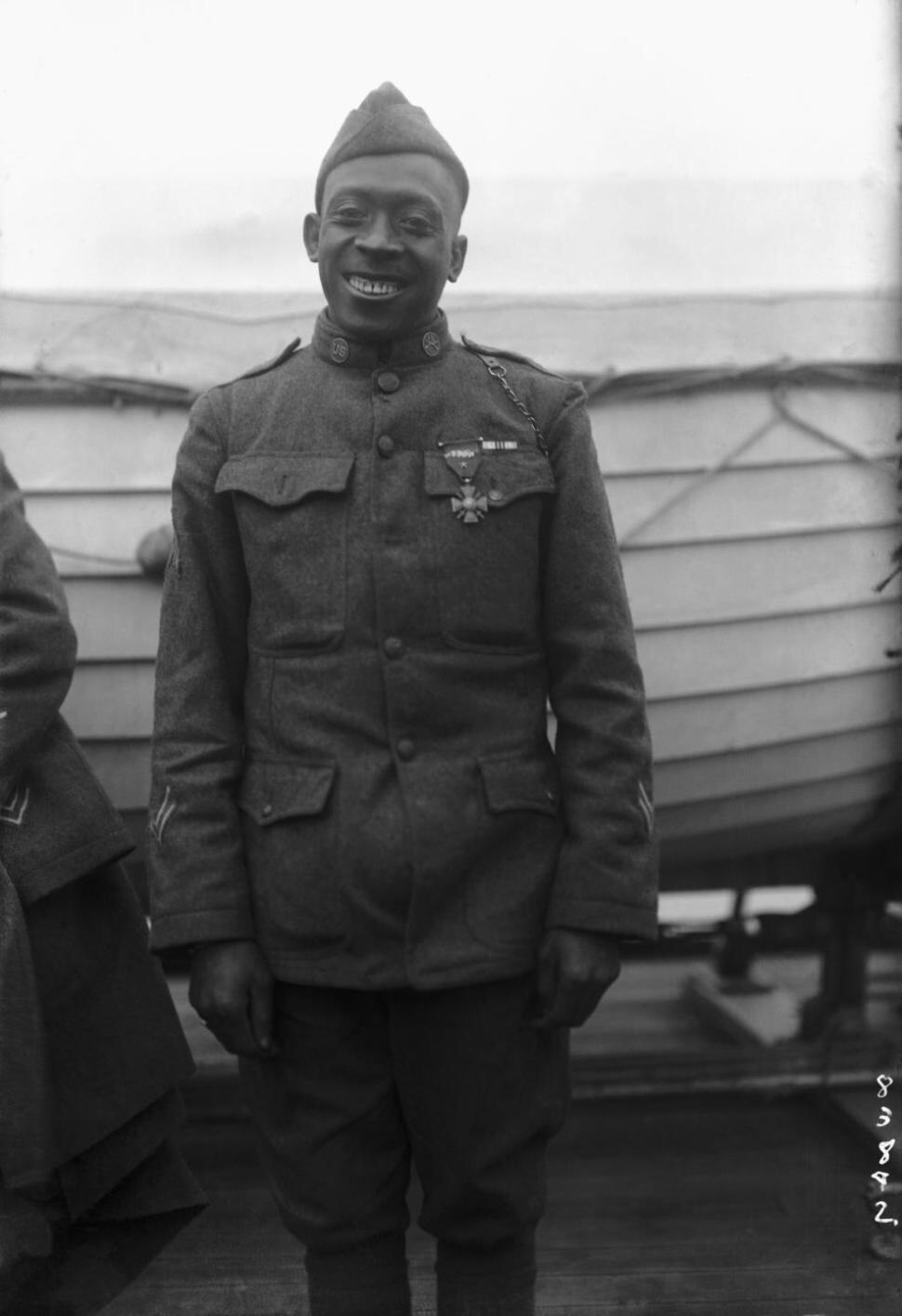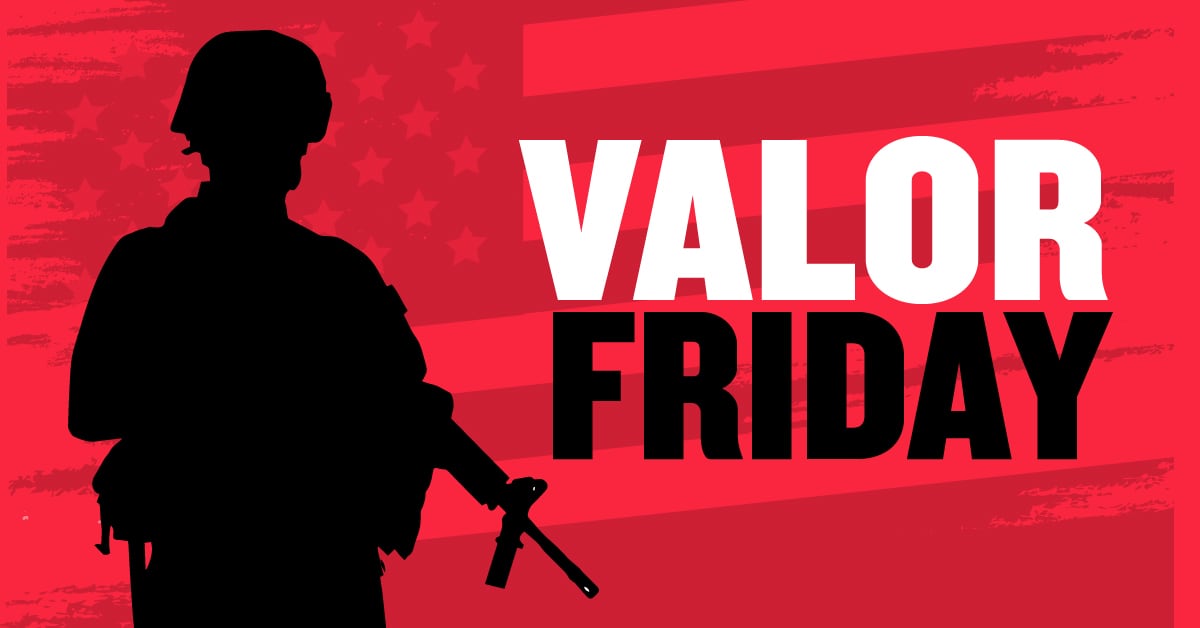Henry Lincoln Johnson was in his mid−20s when he left his job as a railway porter in Albany, New York, in June 1917 and joined the Army, eager to do his part in the First World War only two months after America declared war on Germany.
Shortly after enlisting in Brooklyn, New York, Johnson, who stood only 5-foot−4 and weighed 130 pounds, was assigned to C Company of the 15th New York Infantry Regiment, an all-black National Guard outfit that would later become the 369th Infantry Regiment — also known as the Harlem Hellfighters.
The 369th became the first African American regiment to serve with American Expeditionary Forces. Prior to the unit’s formation, African Americans who wanted to serve in combat typically had to enlist in the French or Canadian armies.

Racism encountered by African American soldiers at the time — from white Americans — was incredibly severe. American Expeditionary Forces even went as far as distributing a pamphlet, called the “Secret Information Concerning Black American Troops," to French civilian authorities, a publication that declared African Americans were inferior and displayed rapist tendencies.
With such a misguided reputation, Johnson’s unit was initially relegated to labor-intensive duties like unloading ships or digging latrines. That was until being ordered into battle in 1918 and assigned to the French Army for the remainder of the war. The French were far less concerned with race than their white American allies.
While serving with French forces during the early morning hours of May 15, 1918, Johnson and 17-year-old Needham Roberts stood watch on the front lines of the Western Front, near France’s Argonne Forest.
At about 1 a.m., the two men began taking fire from a German sniper. Johnson opened a box of 30 grenades and lined them up for quick use. Shortly after, he began hearing “snippin' and clippin'” cutting sounds as at least 12 Germans made their way through the wire that protected the post.
When Johnson tossed a grenade in the direction of the noise, all hell broke loose, as the German invaders unleashed gunfire and grenades toward the watchmen.
Roberts was quickly wounded by a German grenade. Unable to walk, he sat upright in the trench and continued feeding Johnson grenades.
The Germans advanced after Johnson exhausted his supply of grenades and suffered a rifle jam. As enemy soldiers grabbed Roberts to take him prisoner, Johnson climbed out and charged at the enemy, using his rifle, fists and a bolo knife to club, punch and slash in every direction. “Each slash meant something, believe me,” Johnson recalled.
Johnson stabbed one German in the stomach then killed a lieutenant before being shot in the arm during the melee. Increasingly wounded, he was attacked from behind by another, who was discarded after Johnson drove his knife into the German’s ribs.
He then managed to drag Roberts to safety just as reinforcements arrived.
Johnson fainted, fatigued from the hour-long fight and 21 wounds to his arm, feet, face and back, primarily from knives and bayonets. His left foot had been shattered, and he had to have a steel plate inserted while being treated at a French hospital.
When dawn broke, the Americans found four dead Germans and evidence of at least 10 to 20 more having participated in the attack.
Johnson’s ferocity earned him the nickname, “Black Death,” and France awarded him with the Croix de Guerre with a Gold Palm for extraordinary valor, making him the first American to receive France’s highest award for bravery. Roberts also received the Groix de Guerre.
The Harlem Hellfighters would go on to spend 191 days fighting in frontline trenches and sustain 1,500 casualties, the most of any single American unit in either category.
When Johnson returned home to New York after his tour of duty, he was unable to resume his pre-war job at Albany’s Union Station because of the severity of his injuries. Sadly, he turned to the bottle, lost his family and quickly faded from the memory of those who once celebrated his heroism.
Johnson contracted tuberculosis and later died, destitute, in July 1929 of myocarditis at the age of 36. He is buried in Arlington National Cemetery.
He was posthumously awarded the Medal of Honor by former President Barack Obama for his actions, and also posthumously received the Purple Heart in 1996 and the Distinguished Service Cross in 2002. Read Johnson’s Medal of Honor citation here.
RELATED

J.D. Simkins is the executive editor of Military Times and Defense News, and a Marine Corps veteran of the Iraq War.





